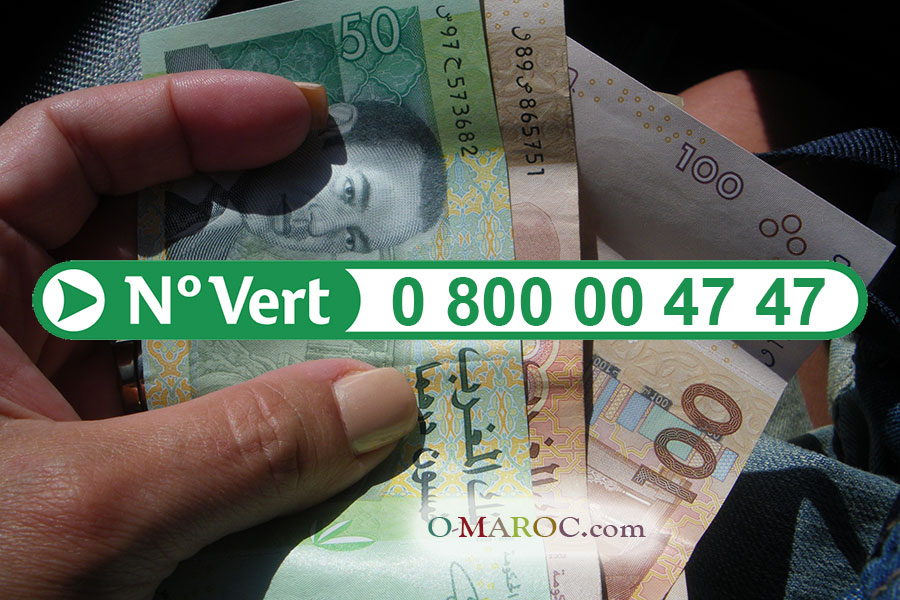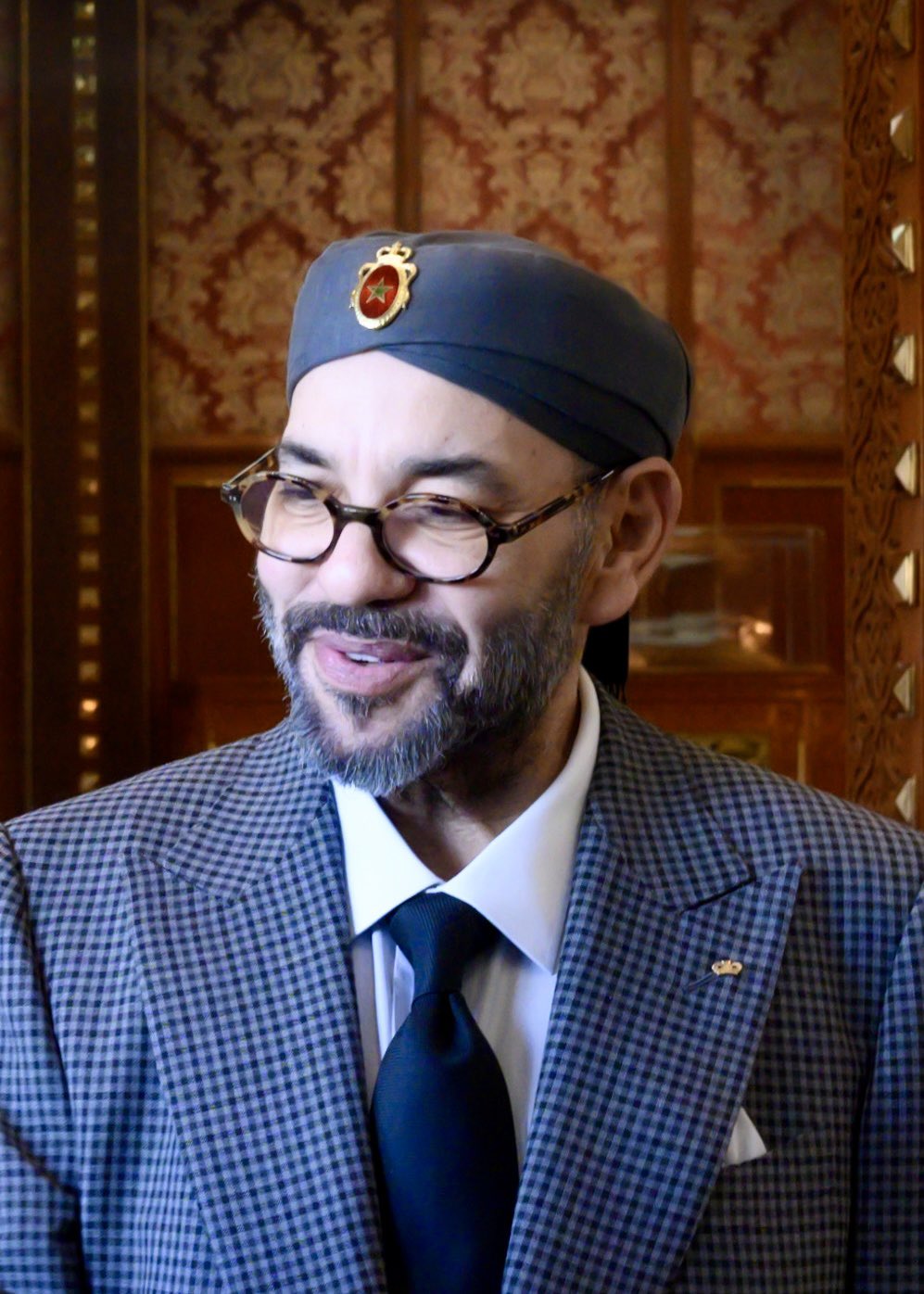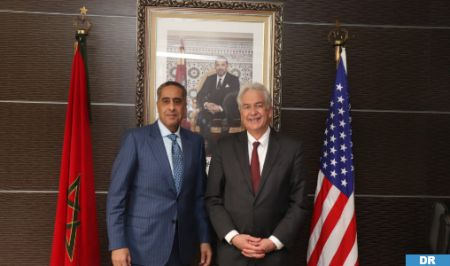 Communal and regional elections were held in Morocco on Friday and the winners are without contest the Authenticity and Modernity Party (PAM) and the ruling Party for Justice and Development (PJD/moderate Islamist,) led by the head of the Government Abdelilah Benkirane.
Communal and regional elections were held in Morocco on Friday and the winners are without contest the Authenticity and Modernity Party (PAM) and the ruling Party for Justice and Development (PJD/moderate Islamist,) led by the head of the Government Abdelilah Benkirane.
The PAM (Liberal, opposition) won the communal polls and came in second in the regional elections while the PJD held the top spot in the regional elections and the third rank in the race for communes behind the Istiqlal Party (PI, conservative, opposition.)
According to figures provided by the Interior Ministry Saturday, the PJD won 174 of the regional councils’ 678 seats (25.6%), followed by his major rival, the PAM with 132 seats (19.4%) and the Istiqlal Party with 119 seats (17.5%).
At the communes level, where 31 503 seats were to be filled, the PAM came in first grabbing 6655 seats or 21.1%, followed by the PI with 5106 (16.2%) while the PJD finished third with 5021 seats (15.9%.)
Participation rate in the polls reached 53.6% of the over 14 million registered voters, marking a slight increase compared to the local elections of 2009 (52.4%.)
In the regional elections, held for the first time in Morocco at universal direct suffrage, the PJD won a landslide victory in three of the four most densely populated regions of the country. These include the big cities of Casablanca, Rabat and Fez and represent 15.5 million people, or almost half of the population of the kingdom, and over 40% of GDP.
Abdelilah Benkirane explained the victory of his party by its management of the country’s affairs during the past four years.
“The PJD has achieved these results thanks to its Government management for four years,” said Abdelilah Benkirane at a news conference.
The results reflect “the serious and continuous work” of the party’s leaders and militants in various fields, he said.
Participation rate in the polls reached 53.6% of the over 14 million registered voters, marking a slight increase compared to the local elections of 2009 (52.4%.)
Friday’s elections have provided an overview of the political landscape in the country four years after the PJD, which was for years in the opposition, won a historic victory in the parliamentary elections held in November 2011, few months after the outbreak of the Arab Spring and the adoption of a New Moroccan Constitution.
Analysts say these elections were a positive test for the Islamist ruling party which can now face the challenges of next year’s parliamentary elections with much confidence.


